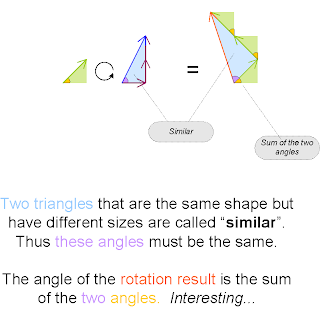
Although I haven't played with it yet, now that Youtube has cloud editing, I predict that video based "wiki" documentaries will become a very cool new form of media.
I propose that a particularly good genre to start with is History. For example, start with a film of a lecture by an amateur but good historian (I as just talking to my history 7th grade history teacher Jerry Buttrey about this this morning). Others later contribute source material as it becomes availasble. For example, someone might live near a battle site and have footage of it. Someone else might live near a library where they can get images of documents and interviews with associated scholars. Someone else might have artifacts handed down from family members. It's easy to see how a strait-forward talking-head lecture could be edited over time with with more and more cuts to such external video shots with the lecture as voice-over and from there might have the narrative interrupted with other interviews -- mimicking the life-cycle of a typical wikipedia article.
A particularly good company to sponsor such activity would be the exceptionally high quality "The Teaching Company" whose lecture's I've enjoyed for a long time. They might be tempted to view such amateur media as competition to their products, but I think the opposite is true. If they would sponsored such endeavors (for example, by making a call for participation via their existing client base) I bet that they could increase their sales on related subjects as they'd tap into the social network of each project and with some clever marketing they could push their associated wares to a very receptive narrow market.
Finally, the very act of contributing to such a documentary, even if it's just going to a field and shooting a few seconds of video, would be a great way to engage pupils of all ages in history classes. I for one much more enjoyed our field trips than I did sitting in class, and had I had an active reason to collect documentation it would have been even more memorable.
Although I'm probably not going to make any of these forthcoming video-wikimentaries, I look forward to watching them.





































